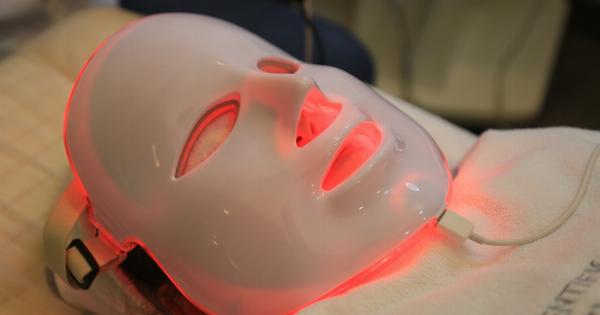Scientists have made a groundbreaking discovery in the field of longevity research. They have identified a molecule that has the potential to extend human lifespan significantly.
This exciting development brings hope for a future where aging can be delayed or even reversed, leading to a longer and healthier life for individuals.
A Glimpse into the Mysterious World of Aging
Aging is a complex process that has puzzled scientists for centuries. Over time, our cells become damaged, and our bodies gradually lose their ability to repair and regenerate.
This leads to the onset of age-related diseases and a decline in overall health. Scientists have long sought to understand the mechanisms behind aging in the hopes of finding ways to slow down the process and promote longevity.
The Key Player: NAD+
Researchers have now honed in on a molecule called NAD+ (Nicotinamide Adenine Dinucleotide) as a key player in the aging process.
NAD+ is a coenzyme found in all living cells and is crucial for various cellular functions, including energy metabolism and DNA repair. As we age, the levels of NAD+ in our bodies decrease, negatively impacting these vital processes.
Restoring NAD+ Levels
Scientists have discovered that by replenishing NAD+ levels in aging cells, they can reverse the aging process and promote longevity.
This breakthrough finding has opened up new avenues for developing anti-aging treatments that could potentially delay the onset of age-related diseases.
The Role of NMN
NAD+ levels can be increased through the use of a molecule called NMN (Nicotinamide Mononucleotide). NMN is a precursor to NAD+ and is easily absorbed by the body.
When administered, NMN is quickly converted into NAD+, replenishing the levels of this crucial molecule.
Promising Results from Animal Studies
Animal studies have shown promising results in terms of the benefits of NMN on longevity. In one experiment, researchers administered NMN to older mice and found that it reversed various age-related metabolic decline markers.
The treated mice displayed improved energy levels, increased physical activity, and even enhanced insulin sensitivity – all factors associated with a longer and healthier life.
Human Trials on the Horizon
Encouraged by the results from animal studies, scientists are now preparing to conduct human trials to further investigate the potential of NMN in promoting longevity.
These trials will determine the optimal dosage and safety of NMN supplementation in humans and shed more light on its anti-aging effects.
The Future of Anti-Aging Treatments
If the human trials prove successful, NMN could revolutionize the field of anti-aging treatments.
It could become the foundation for a new generation of therapies that target the fundamental processes of aging, rather than just treating specific age-related diseases. By focusing on the underlying mechanisms, these treatments could delay the onset of multiple age-related ailments and significantly increase overall lifespan.
Implications for Health and Society
Extending human lifespan could have far-reaching implications for our health and society as a whole.
Longer lifespans would mean more time for personal and professional fulfillment, increased economic productivity, and the potential to experience more of what life has to offer. However, it would also require adjustments in various aspects of our lives, including retirement planning, healthcare systems, and societal structures.
The Ethical Dimensions
With the possibility of significantly extending human lifespan comes ethical dilemmas. Questions about resource allocation, population control, and the effects on future generations arise.
Society will need to engage in thoughtful discussions to ensure that the benefits of longevity are shared equitably and that the newfound extra years are spent meaningfully.
Conclusion
The discovery of the longevity molecule NAD+ and its precursor NMN offers a glimpse into a future where aging might be a controllable process. It holds the promise of extending human lifespan and improving overall health and well-being.
While there are still many unanswered questions and challenges ahead, this breakthrough brings hope for a world where individuals can enjoy longer and healthier lives.





























